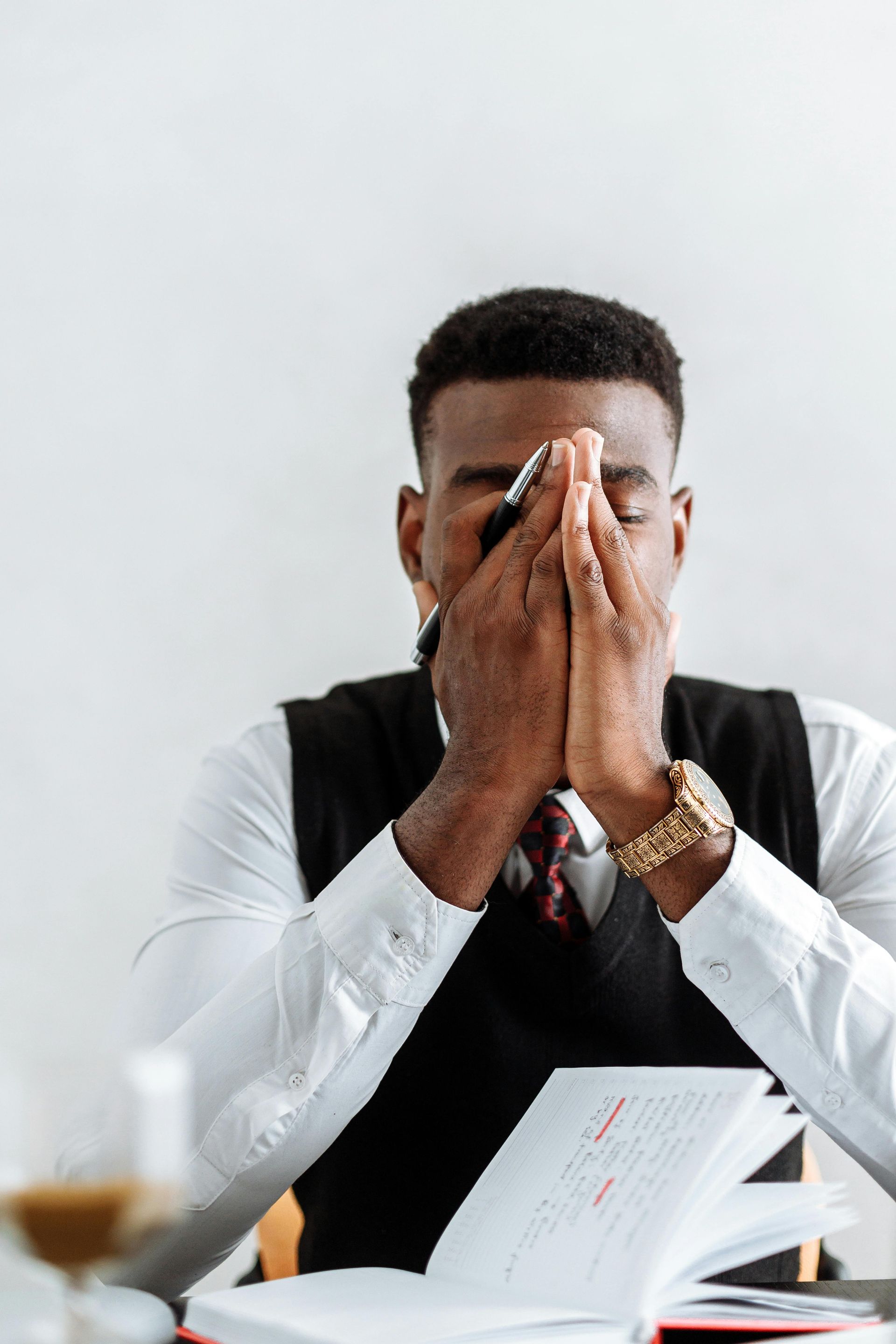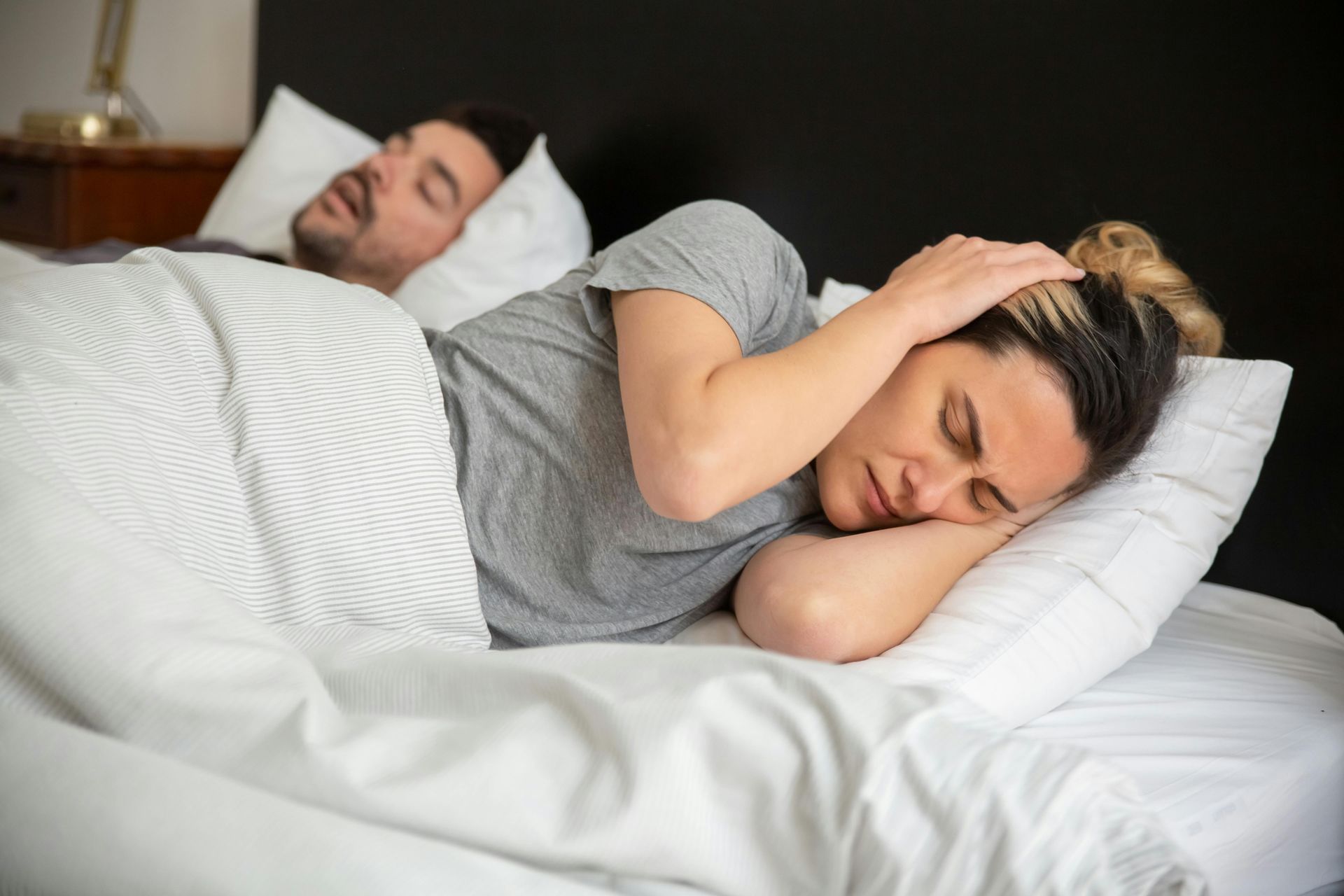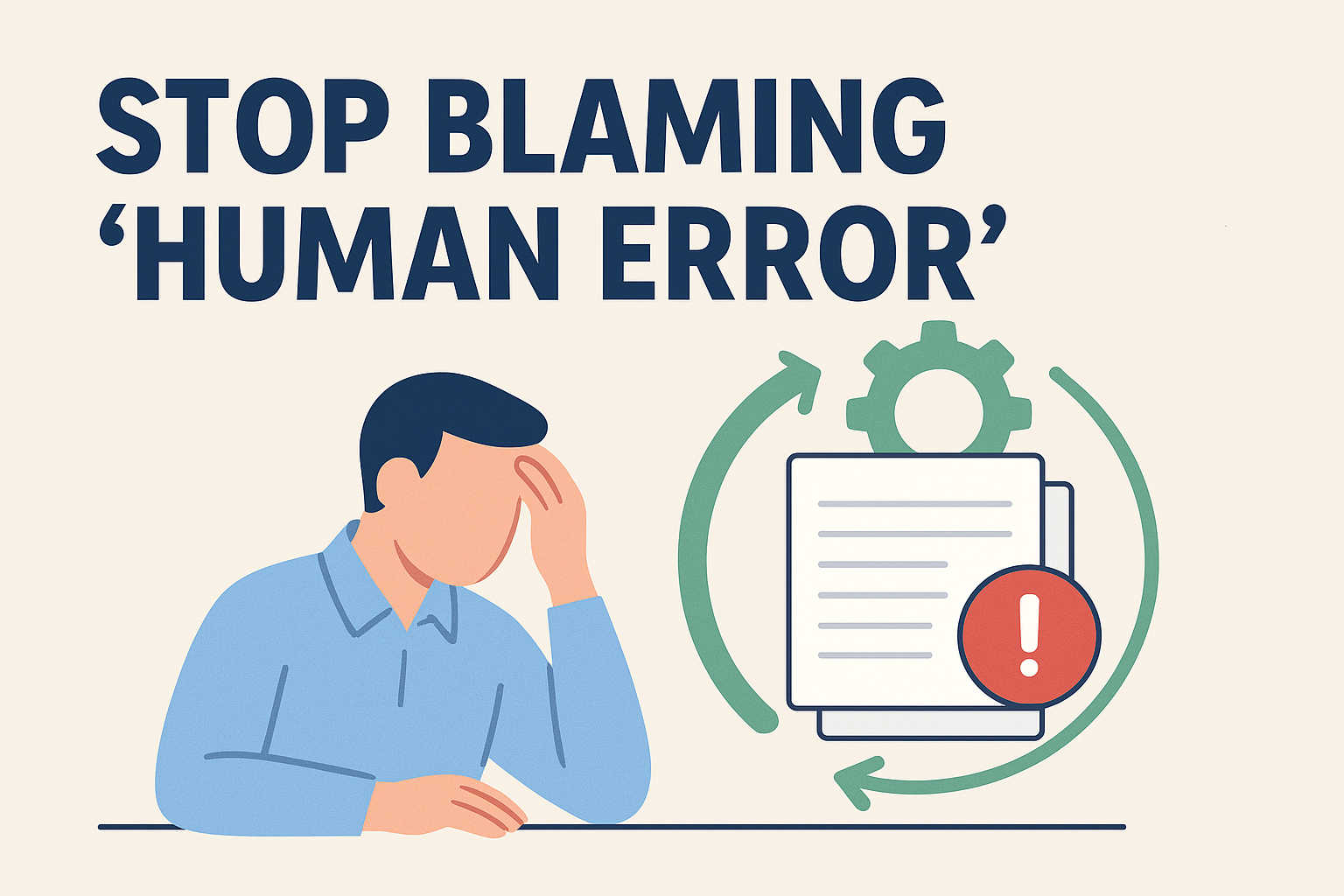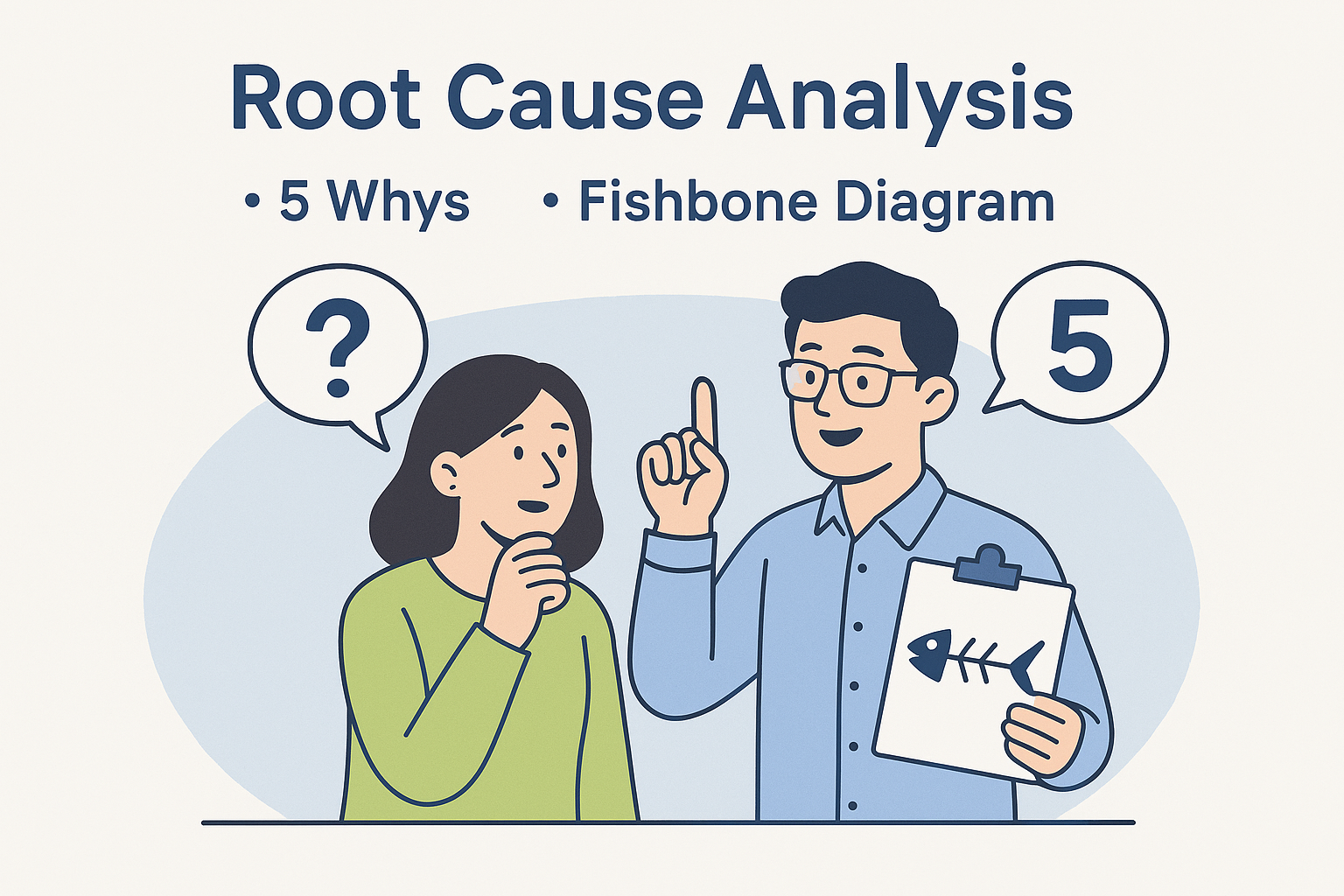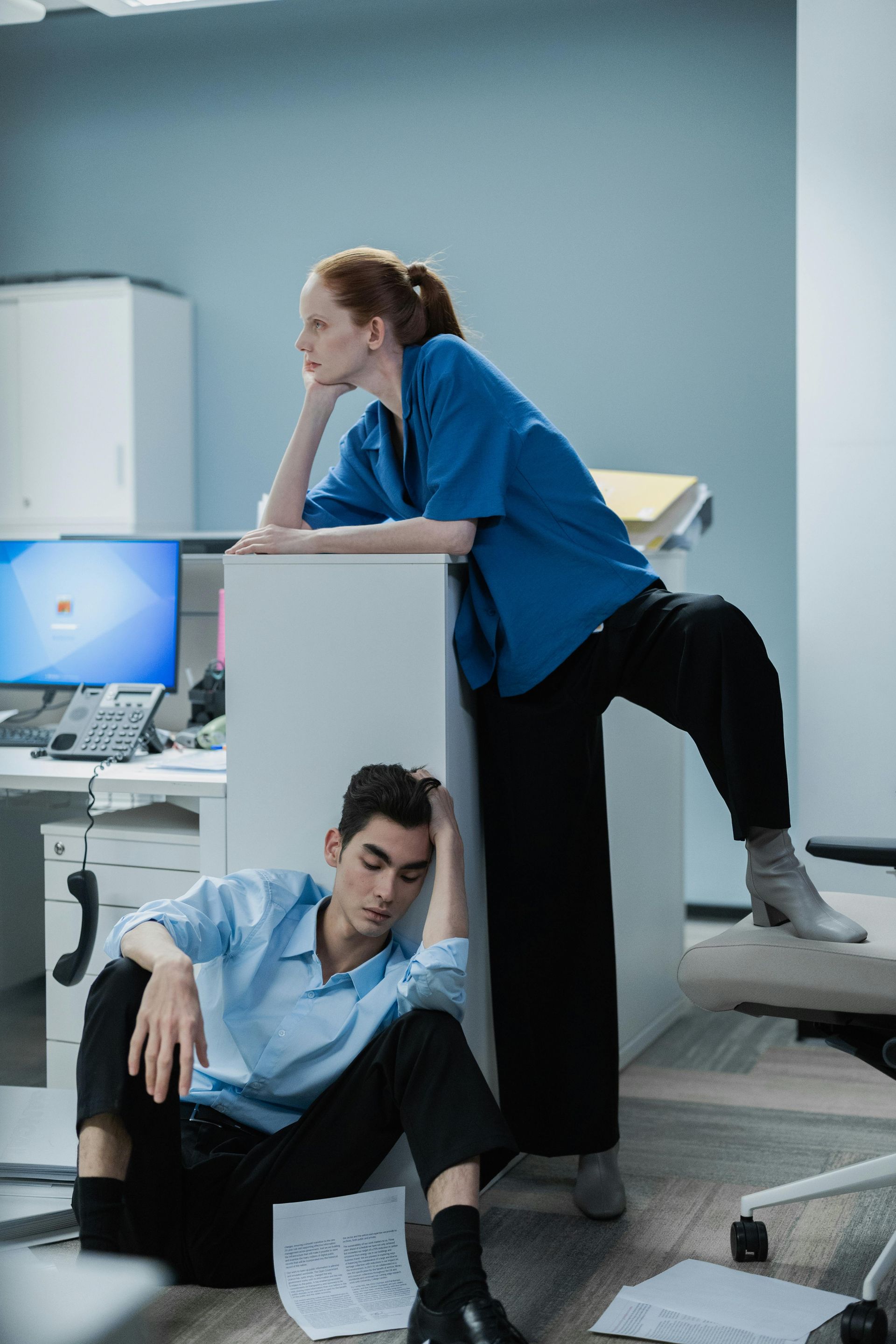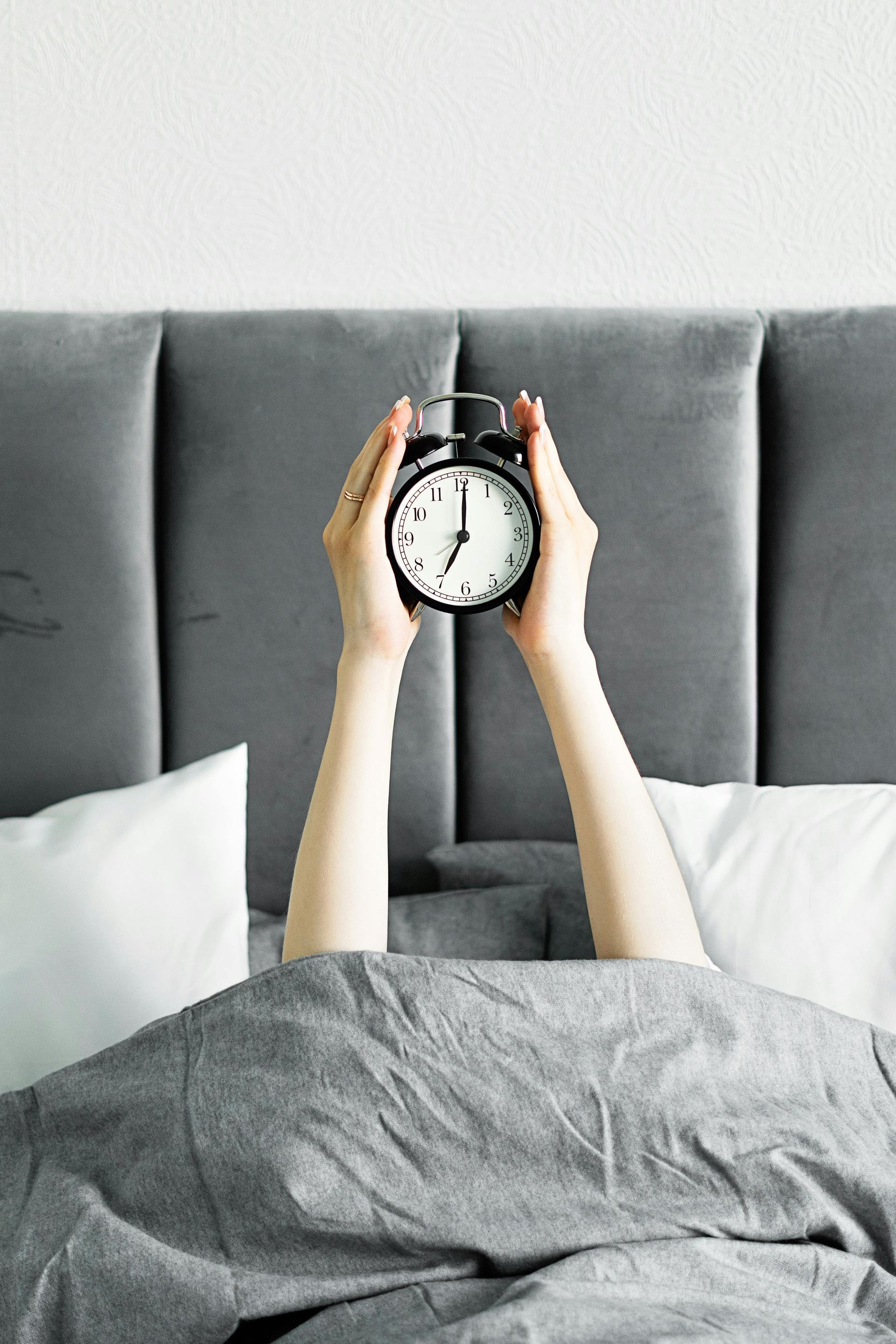Mohamad-Ali Salloum is a Pharmacist and science writer. He loves simplifying science to the general public and healthcare students through words and illustrations. When he's not working, you can usually find him in the gym, reading a book, or learning a new skill.
The importance of embracing creative hobbies for individuals in Corporate Jobs
Share
In today's fast-paced corporate world, individuals often find themselves immersed in demanding jobs that require analytical thinking, problem-solving, and meeting deadlines.
However, amidst the pressures of such professional environments, it is essential to recognize the significance of embracing creative hobbies.
Engaging in activities that foster creativity not only provides a much-needed outlet for personal expression but also enhances well-being, boosts productivity, and nurtures innovation.
In this article, I am going to discuss the benefits of creative hobbies for individuals in corporate jobs, highlighting their positive impact on individuals' lives. And there’s no CAP in this, as I am experiencing this myself!
1. Stress Reduction and Enhanced Well-being
Participating in creative hobbies offers a valuable escape from the stresses of corporate life. For example, consider Sarah, a marketing executive who spends long hours in a high-pressure environment. After a challenging day at work, Sarah finds relief in playing the piano, a hobby she has cherished for years. Playing music allows her to disconnect from work-related concerns, release tension, and immerse herself in the beauty of melodies. Engaging in creative activities, such as music, has been shown to reduce stress levels, promote relaxation, and improve overall mental well-being (1). Sarah's piano sessions provide a much-needed break, refreshing her mind and enabling her to approach her work with renewed energy and focus.
2. Cognitive Benefits and Skill Development:
Embracing creative hobbies provides a range of cognitive benefits that positively impact professional performance. Let's take the example of John, a software engineer working in a technology company. In his free time, John explores photography as a creative hobby. Through photography, John develops a keen eye for detail, learns to observe his surroundings with heightened awareness, and experiments with different angles and perspectives. These skills transfer into his professional life, enabling him to approach programming challenges with a fresh perspective, think outside the box, and develop innovative solutions. Engaging in creative hobbies nurtures cognitive abilities, such as critical thinking, problem-solving, and decision-making (2), empowering individuals to excel in their corporate roles.
3. Enhanced Productivity and Performance
Contrary to popular belief, engaging in creative hobbies can significantly enhance workplace productivity and job performance. Let's consider the case of Mark, a project manager responsible for overseeing multiple projects simultaneously. Mark, a passionate painter, dedicates time each weekend to indulge in his creative passion. Painting allows Mark to recharge his mind, reduce mental fatigue, and enhance his ability to concentrate and focus. Studies have shown that taking breaks for creative activities can increase motivation and improve overall productivity (3). Mark's creative hobby acts as a mental reset, enabling him to return to work with renewed vigor, leading to improved performance and efficient project management.
4. Fostering Innovation and Out-of-the-Box Thinking
Creativity is a cornerstone of innovation and out-of-the-box thinking, both highly valued in corporate settings. Let's consider the example of Lisa, a marketing manager tasked with developing new marketing strategies for her company. Outside of work, Lisa embraces creative writing as a hobby. Through her writing, Lisa explores different narrative structures, experiments with unconventional ideas, and challenges traditional marketing approaches. This creative outlet enhances Lisa's ability to think beyond established boundaries, fostering a culture of innovation within herself and her team. Research has demonstrated that engaging in creative activities outside of work positively influences workplace creativity (4), and Lisa's creative hobby fuels her ability to devise innovative marketing campaigns that stand out in a competitive market.
As a brief…
Embracing creative hobbies is not only a source of personal fulfillment but also a catalyst for success in corporate jobs. By engaging in activities that stimulate creativity, individuals can:
1) Reduce stress,
2) Enhance well-being,
3) Develop valuable cognitive skills,
4) Improve productivity,
5) Foster innovation.
The examples of Sarah, John, Mark, and Lisa illustrate how creative hobbies positively impact their professional lives and contribute to their overall success. Therefore, it is essential for individuals in corporate jobs to recognize the importance of embracing hobbies that encourage creativity and incorporate them into their daily lives.
References:
1. Smith KA, Hann D. Art therapy, stress reduction, and systemic change: A grounded theory study. J Posit Psychol. 2019;14(2):216-225.
2.https://www.unicef.org/mena/media/6186/file/Twelve%20Core%20Life%20Skills%20for%20MENA_EN.pdf%20.pdf
3. Kuvaas B, Dysvik A. Perceived investment in employee development, intrinsic motivation and work performance. Hum Resource Manage J. 2009;19(3):217-236.
4. Hennessey BA, Amabile TM. Creativity. Annu Rev Psychol. 2010;61:569-598.
List of Services
ABOUT THE AUTHOR
Mohamad-Ali Salloum, PharmD
Share
Recent articles:
